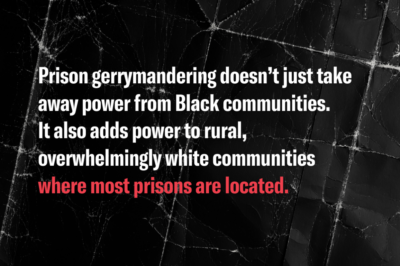ACLU Asks Court to Block Unconstitutional Election Plan in Montana
FOR IMMEDIATE RELEASE
Contact: media@aclu.org
BILLINGS, MT — The American Civil Liberties Union filed a federal lawsuit today on behalf of voters who say that the election plan for the city council is disproportionately drawn and dilutes the voting strength of thousands of citizens. The ACLU charges that the plan violates the “”one person, one vote”” principle of the U.S. Constitution, and is asking the court for a more equitable districting plan.
“”Fortunately, the constitutional defect in the existing plan can be easily fixed,”” said Laughlin McDonald, Director of the ACLU’s Voting Rights Project. “”Given the computer programs that are now available, a new plan can be drawn for the council in a matter of hours and in time for the upcoming election.””
At issue is the method of electing city council members in Billings. The council consists of ten members elected from five two-member districts, or wards. The voters represented in today’s lawsuit are residents of wards two and three, which are overpopulated compared to the other wards in the city. However, the “”one person, one vote”” standard requires state and local jurisdictions to make a good faith effort to construct districts that are of equal population so that each person’s vote is given the same weight.
Based upon the 2000 census, the ideal population for each ward is under 18,000 people. But the current election plan has a 16 percent deviation from the ideal population. The U.S. Supreme Court has previously held that deviations of that magnitude are presumed to be unconstitutional and must be justified by a substantial state interest.
“”There’s no good reason, let alone a substantial one, that the city can’t comply with the Constitution,”” said Andrew Huff, one of the lawyers on the case.
The ACLU has asked the court to stop elections under the existing plan. If the request is denied and next scheduled elections go forward in November, the ACLU intends to ask the court to shorten the terms of office of those elected under the plan and conduct a special election. The term of office for a city council member is four years.
“”It’s pretty obvious that it’s in the best interests of everyone to have a constitutional plan in effect for the next election,”” said Scott Crichton, the Executive Director of the ACLU of Montana.
The ACLU’s complaint is available online at: www.aclumontana.org/LegalProgram/HARTUNG%208-3-05.pdf.
Stay Informed
Every month, you'll receive regular roundups of the most important civil rights and civil liberties developments. Remember: a well-informed citizenry is the best defense against tyranny.




